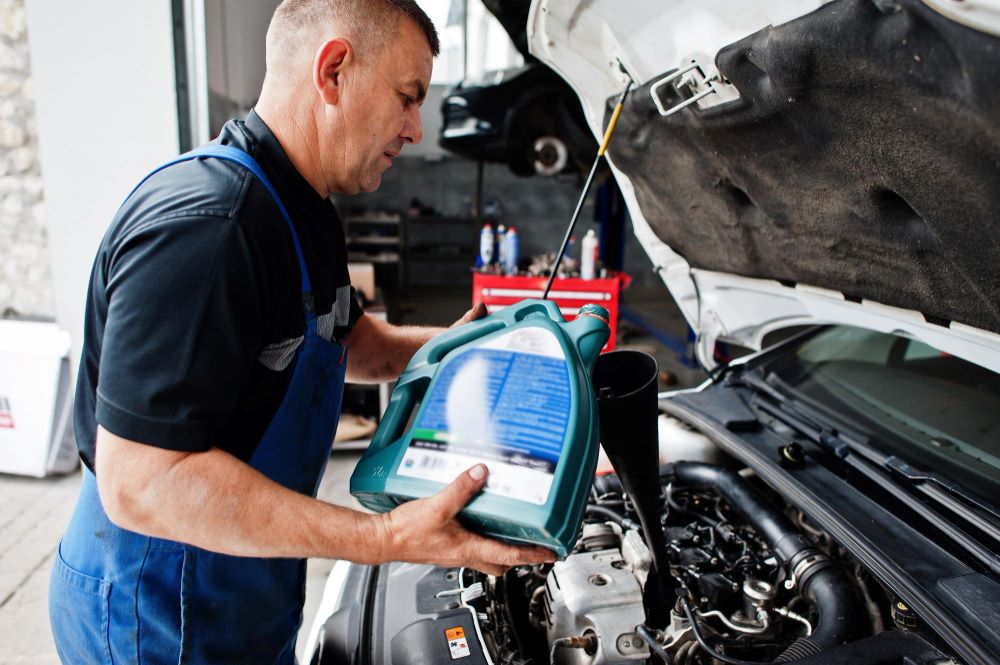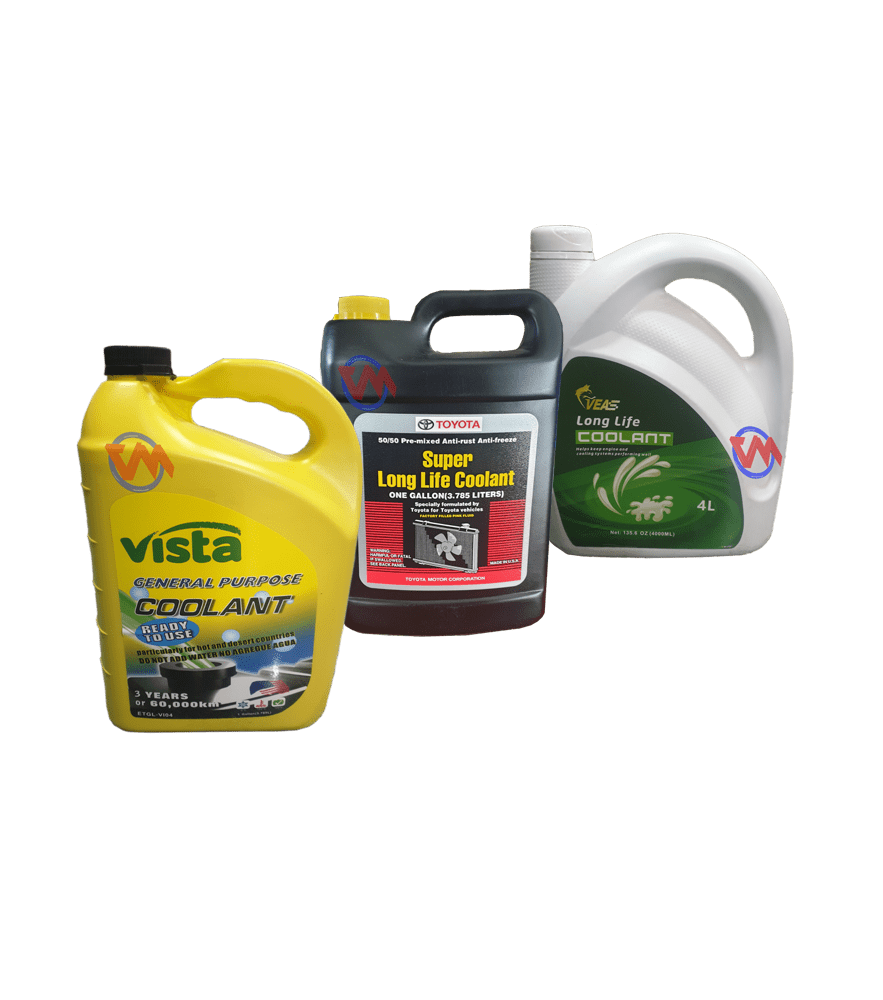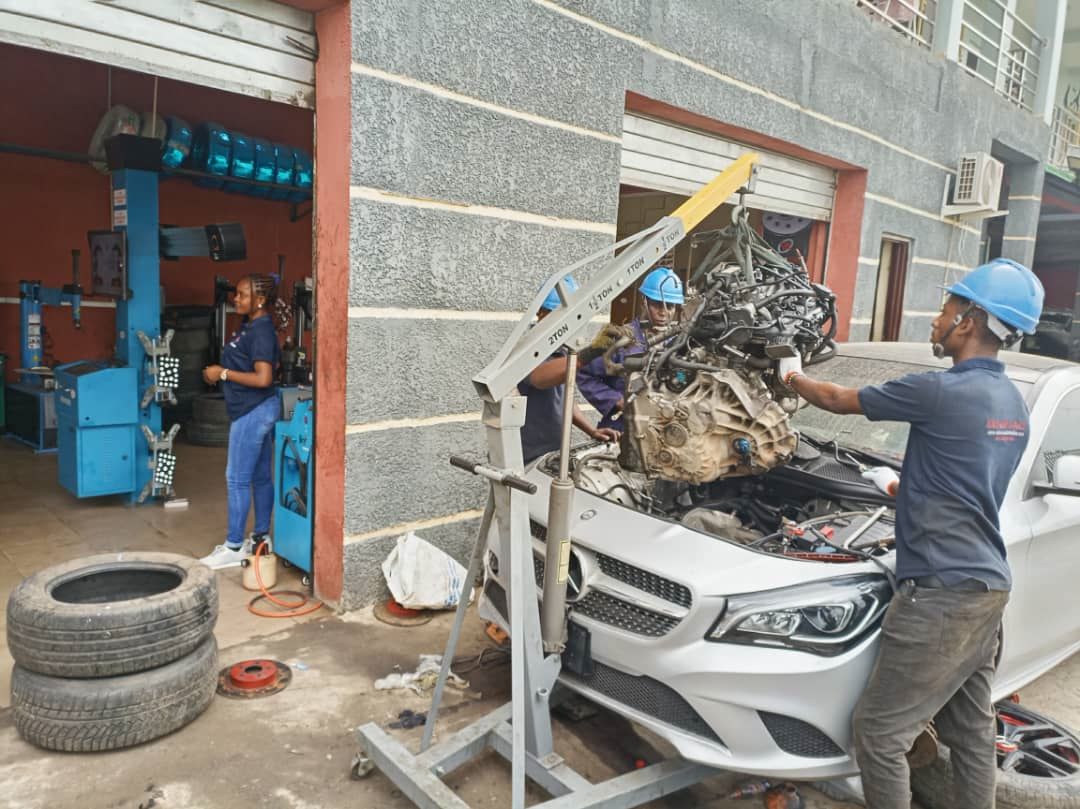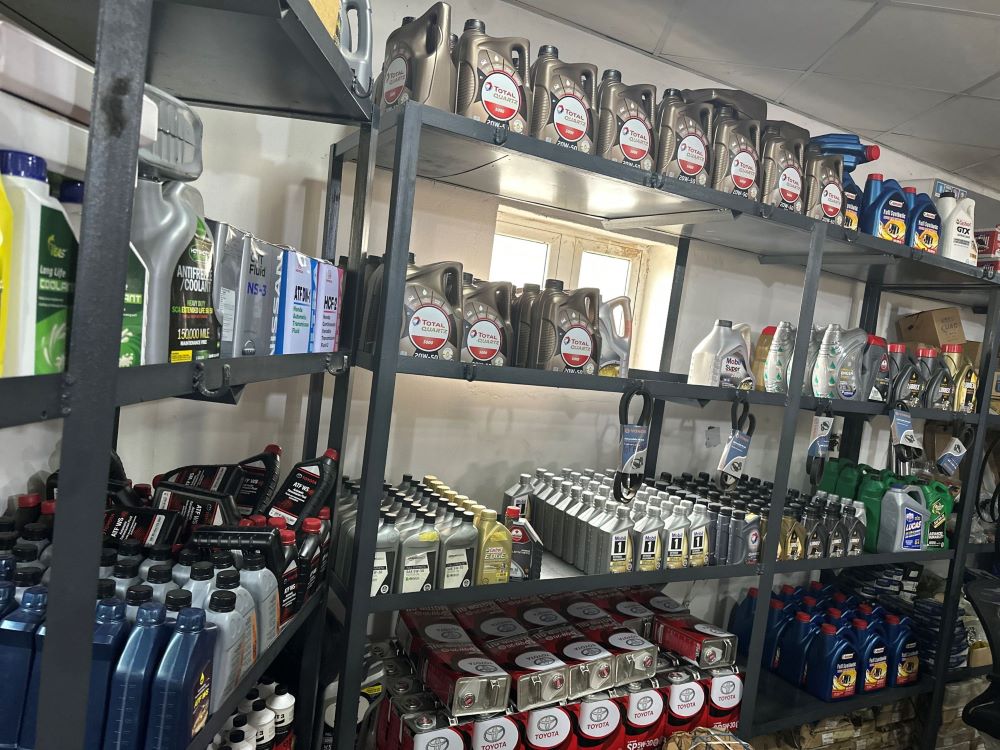HOW TO KEEP YOUR VEHICLE RUNNING SMOOTHLY
The Importance of Oil and Oil Change Processes in a Vehicle
Table of Contents
Oil is often referred to as the lifeblood of a vehicle’s engine, and for good reason. It plays a vital role in lubricating, cooling, and protecting the engine’s moving parts, ensuring optimal performance and longevity. Regular oil changes are essential to maintain the health of the engine and prevent costly damage. In this article, we will explore the importance of oil and the oil change process in a vehicle.

Lubrication:
One of the primary functions of engine oil is to lubricate the moving parts within the engine. It forms a thin film between metal surfaces, reducing friction and wear as components slide or rotate against each other. Proper lubrication prevents excessive heat and metal-to-metal contact, preserving the integrity of vital engine parts such as the crankshaft, pistons, and camshaft. Also watch this piece on oil servicing.
Heat Dissipation:
Engine oil also helps dissipate heat generated during combustion and friction within the engine. It absorbs heat from the engine components and carries it away to the oil pan, where it can be dissipated through the engine’s cooling system. Efficient heat dissipation prevents overheating and potential damage to the engine, ensuring consistent performance and preventing engine seizures.
Contaminant Removal:
Over time, engine oil can accumulate contaminants such as dirt, debris, and combustion by-products. These contaminants can cause sludge buildup, clog oil passages, and reduce the oil’s effectiveness in lubrication. Regular oil changes help remove these contaminants, ensuring clean oil circulates throughout the engine and maintains its lubricating properties.
Corrosion and Wear Protection:
Engine oil contains additives that provide protection against corrosion and wear. These additives create a protective barrier on engine surfaces, guarding against rust and corrosion caused by moisture and acidic by-products of combustion. Additionally, the oil’s additives form a thin film on metal surfaces, reducing wear and extending the lifespan of engine components.
Fuel Efficiency:
Clean and properly lubricated engine components result in improved efficiency. Reduced friction and wear contribute to smoother engine operation and optimized fuel consumption. Regular oil changes help maintain the oil’s viscosity and prevent sludge formation, allowing the engine to operate at its peak efficiency and potentially saving fuel.
Oil Change Process:
The oil change process involves draining the old oil from the engine and replacing it with fresh, clean oil. It typically includes the following steps:
- Draining the Oil: The technician removes the drain plug, allowing the old oil to drain from the oil pan into a collection container.
- Replacing the Oil Filter: Along with the oil change, the oil filter is usually replaced to ensure efficient filtration and prevent contaminants from circulating in the engine.
- Adding New Oil: The appropriate grade and type of oil are added to the engine according to the manufacturer’s specifications.
- Checking Other Fluids: During the oil change, the technician may also inspect and top up other essential fluids, such as coolant and brake fluid.
- Proper Disposal: The used oil is collected and properly disposed of at a recycling facility to minimize environmental impact.
Conclusion:
Regular oil changes are vital for maintaining a vehicle’s engine health and performance. By providing lubrication, heat dissipation, contaminant removal, corrosion protection, and wear prevention, engine oil plays a critical role in ensuring the longevity and efficiency of the engine. At vonos auto company, we provide customers with high efficient oil, advising on the type of oil to be used depending on car milage and engine performance.
Also Read : How to get your vehicle ready for a journey






Leave a comment